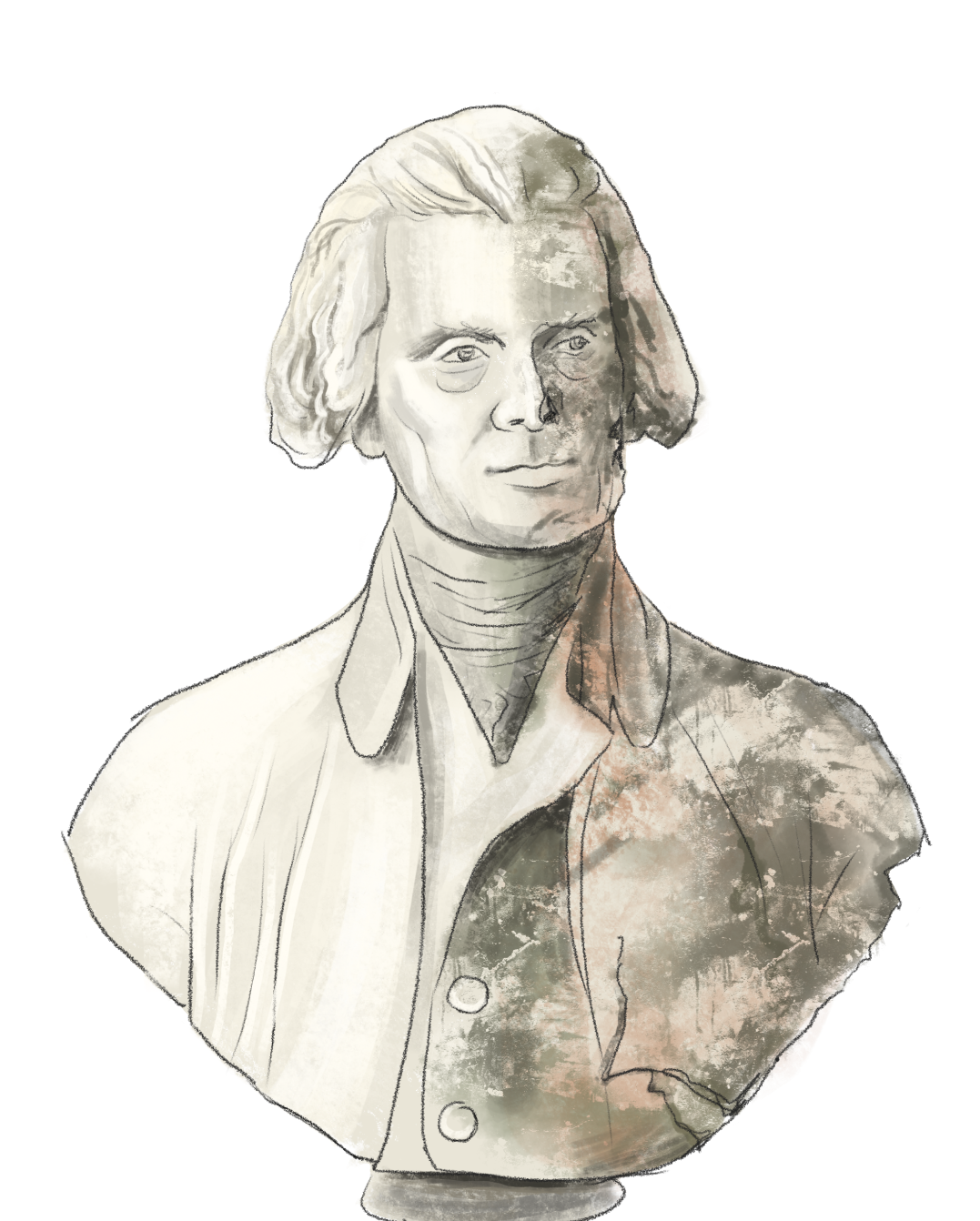For centuries, Christopher Columbus was lauded as a great adventurer. He did what few had done before and braved the tempestuous Atlantic Ocean to claim glory and riches. Yet, in recent years, his legacy has come under scrutiny: He displaced, enslaved, dehumanized and killed many of the native people he encountered — setting the stage for centuries of European exploitation and colonization in the process.
To judge a historical figure based solely on their era’s standards is to ignore centuries’ worth of social development. Although it is impossible to expect historical figures to have lived according to our societal norms, excusing horrific actions such as Columbus’ because they were “appropriate for their time” is disingenuous to ourselves today. It is necessary to evaluate historical figures based on our current standards to develop a more accurate understanding of traditional “heroes” while creating room for new narratives in the historical pantheon.
In 2017, the PAUSD Board of Education unanimously voted to rename Jordan and Terman Middle Schools because their original namesakes, David Starr Jordan and Lewis Madison Terman, were leaders of the eugenics movement, a pseudoscientific cause rooted in white supremacy and ableism. Their movement may have been popular — though still disputed — in its time, but that doesn’t justify their discriminatory beliefs. Honoring these men as figureheads of our middle schools brings their values into the present. Judging them by current moral guidelines is necessary because even though they are figures of the past, celebrating them occurs in the present. Thus, our expectations for them must be based on contemporary values.
The word “judging” often implies stark criticisms and blanket statements. Judgment, however, doesn’t need to be black and white. Thomas Jefferson, for example, supported individual freedoms while enslaving people. If we only evaluate a historical figure like Jefferson by the societal norms of his time, we assess him by the norms set by those in power in the 1800s — people who, at the time, condoned slavery. By reevaluating him using our current standards, we can create a fuller judgment relevant to our time that includes both deserved praise and necessary critique.
While removing a historical figure’s statue or name can cause backlash, it creates space for recognizing historical figures who better reflect our values. Applying current judgment to historical figures isn’t erasing history but expanding it to include people who would not have received the same recognition in their own time. Figures such as Sacagawea, who was never credited in her own time but is now the face of the gold dollar coin, can serve as inspirations to students who feel underrepresented in history classes.
Judging historical figures by modern standards is also essential in teaching. As products of our current time, we have inherent biases that are impossible to separate from our history education. Understanding these biases can help us contextualize our learning instead of trying to escape it. If we are to learn from history, we must teach it for the present.
By focusing on historical context and standards, we dismiss our responsibility to the betterment of our standards — and the countless people who have always condemned wrongdoing, even in the past. In assessing these figures through a contemporary lens, we can reevaluate how and which historical figures we celebrate and why. We can hold ourselves accountable and strive to build ourselves into better moral models for our current society and generations to come.








